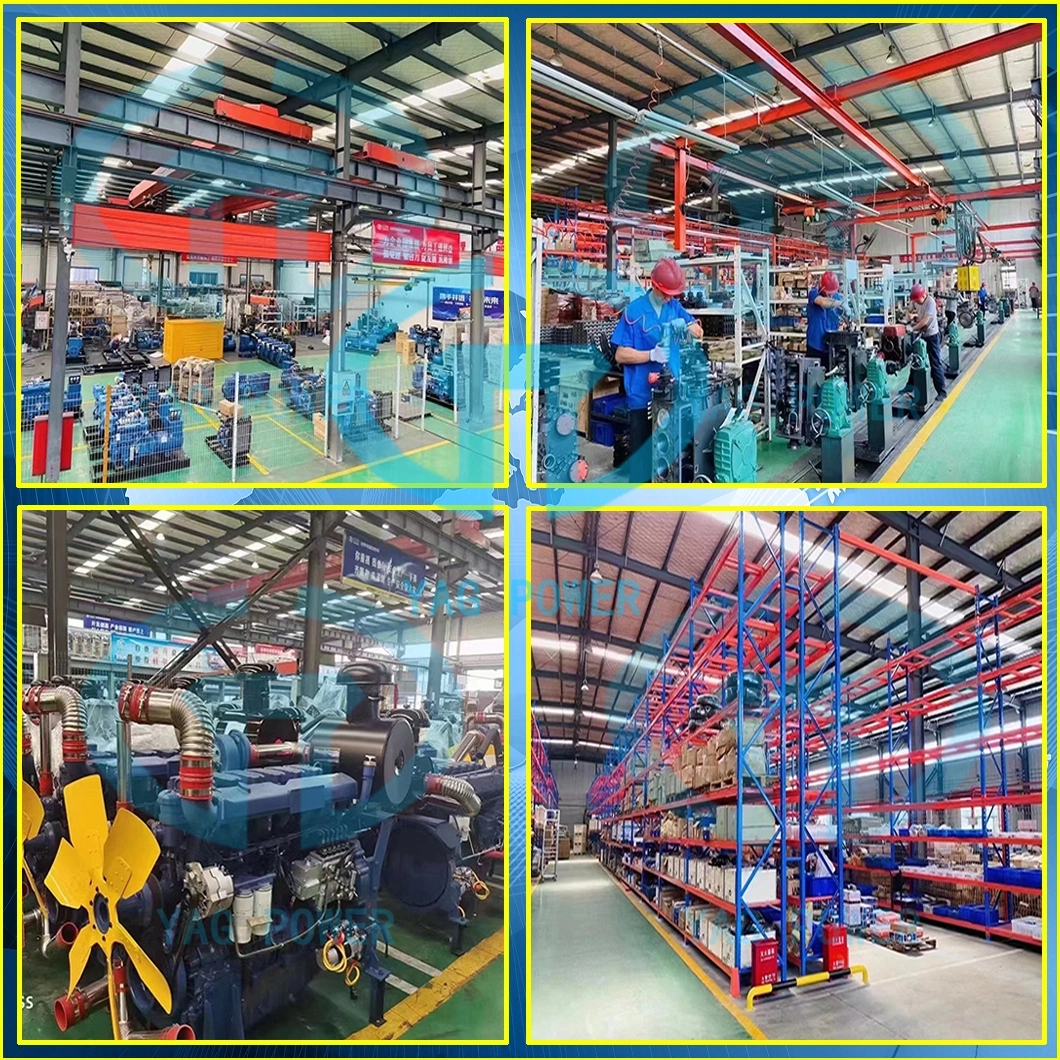Introduction
In remote areas where access to the power grid is limited or non-existent, diesel generators play a vital role in providing reliable electricity for various applications. These generators are crucial for powering remote control systems that require a constant and uninterrupted power supply to function efficiently. In this article, we will explore the use of diesel generators for remote control applications, discussing their benefits, challenges, and best practices for optimal performance.
Understanding Diesel Generators
Diesel generators are a type of power generation equipment that uses a diesel engine to convert diesel fuel into electrical energy. These generators are widely used in a variety of applications, from backup power systems for critical facilities to primary power sources in remote locations. Diesel generators are known for their reliability, efficiency, and durability, making them a popular choice for remote control applications where a steady power supply is essential.
Remote Control Applications
Remote control systems are used in a wide range of industries and applications, from telecommunications and oil and gas exploration to military operations and environmental monitoring. These systems require a continuous source of power to operate effectively, making diesel generators an ideal solution for powering them in remote and off-grid locations. Some common remote control applications that rely on diesel generators include:
1. Telecommunications: Mobile phone towers, satellite communication systems, and other telecommunications infrastructure in remote areas require a reliable power source to stay operational.
2. Oil and Gas Exploration: Remote drilling sites and production facilities rely on diesel generators to power their control systems and equipment for efficient operation.
3. Military Operations: Military installations in remote or hostile environments use diesel generators to power their communication, surveillance, and defense systems.
4. Environmental Monitoring: Remote sensors and monitoring devices used for environmental research and conservation projects depend on diesel generators for continuous power supply.
Benefits of Using Diesel Generators for Remote Control
There are several key benefits to using diesel generators for remote control applications, including:
1. 500kw diesel generator for telecommunications : Diesel generators are known for their robust design and reliable performance, making them well-suited for remote locations where access to maintenance and repairs may be limited.
2. Fuel Efficiency: Diesel engines are more fuel-efficient than gasoline engines, providing cost savings and longer run times between refueling in remote areas.
3. Longevity: Diesel generators have a longer lifespan than other types of generators, offering a reliable power source for remote control systems over an extended period.
4. Power Output: Diesel generators can deliver high power output and handle heavy loads, making them suitable for powering a wide range of remote control applications.
Challenges of Using Diesel Generators in Remote Locations
While diesel generators offer many advantages for remote control applications, there are also some challenges to consider, including:
1. Fuel Logistics: Transporting diesel fuel to remote locations can be costly and logistically challenging, especially in areas with limited infrastructure.

2. Maintenance: Regular maintenance and servicing of diesel generators are essential to ensure their reliable performance, which can be difficult in remote areas with limited access to technical expertise.
3. Environmental Impact: Diesel generators emit pollutants such as carbon monoxide and nitrogen oxides, which can have environmental and health implications in remote and sensitive ecosystems.
4. Noise and Vibration: Diesel generators can be noisy and produce vibrations that may be disruptive in remote areas where noise pollution is a concern.
Best Practices for Using Diesel Generators in Remote Control Applications
To maximize the performance and efficiency of diesel generators in remote control applications, there are several best practices to follow:
1. Proper Sizing: Select a diesel generator that is appropriately sized for the power requirements of the remote control system to avoid under or overloading the generator.
2. Regular Maintenance: Implement a routine maintenance schedule for the diesel generator, including oil changes, filter replacements, and inspections to ensure optimal performance.
3. Fuel Management: Monitor fuel levels and consumption closely to prevent running out of fuel and ensure a continuous power supply for the remote control system.
4. Environmental Considerations: Take steps to minimize the environmental impact of diesel generators by choosing cleaner fuel options, implementing emission control measures, and adhering to local regulations.
5. Remote Monitoring: Use remote monitoring and control systems to track the performance of the diesel generator and receive real-time alerts for any issues that may arise in remote locations.
Conclusion
Diesel generators play a crucial role in powering remote control systems in locations where access to the power grid is limited or non-existent. These generators offer reliability, efficiency, and durability, making them an ideal choice for various remote control applications across industries. By understanding the benefits, challenges, and best practices for using diesel generators in remote locations, organizations can ensure a constant and uninterrupted power supply for their critical operations.
